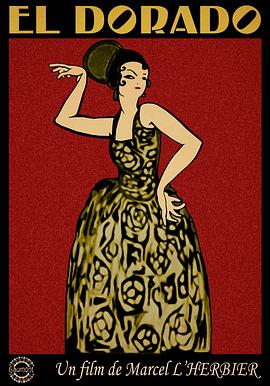票
金芝美安昭英李慧英
Min Ji-suk runs a "ticket bar"where customers can purchase tickets for certain "services"in the town of Sokcho in Gangwon-do. She hires Miss Yang (Ahn So-young), Miss Hong (Lee Hye-young), and Se-young (Jeon Se-young) through the employment agency. Miss Yang and Miss Hong, who are well experienced in this type of business, are used to accepting propositions from customers. But Se-young, who is dating a college student named Min-su, rejects all requests for sexual favors. When Min-su professes to having problems with his tuition and finances, Se-young reassures him that she will procure the necessary funds for him. When the bar's clientele begins to dwindle because of Se-young, Ji-suk reprimands her severely. Se-young develops a close relationship with a Captain Pak and even allows him to sleep with her. She asks Captain Pak to find Min-su employment on a boat, but when Min-su comes to Sokcho for his new job, he sees how Se-young has been making her living. Shocked, he turns his back on the job and leaves. When he eventually returns to Sokcho, he scathingly denounces Se-young's morality and severs their relationship. Decades ago, Ji-suk had stumbled into the bar business in a desperate effort to support her husband, who was serving time in prison; she later left him voluntarily out of shame and moral degradation. Concerned that Se-young will end up with the same fate, Ji-suk asks Min-su to meet with her. She begs him not to abandon Se-young, but he flatly refuses. Ji-suk reacts by pushing Min-su into the sea, and suffers a mental breakdown that lands her in a psychiatric institution.…


